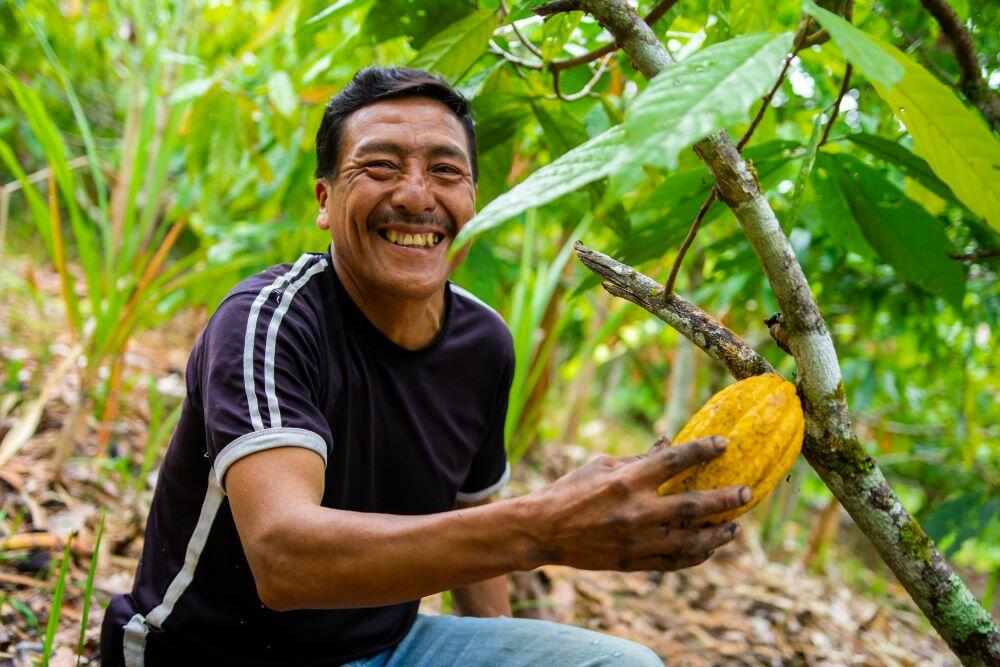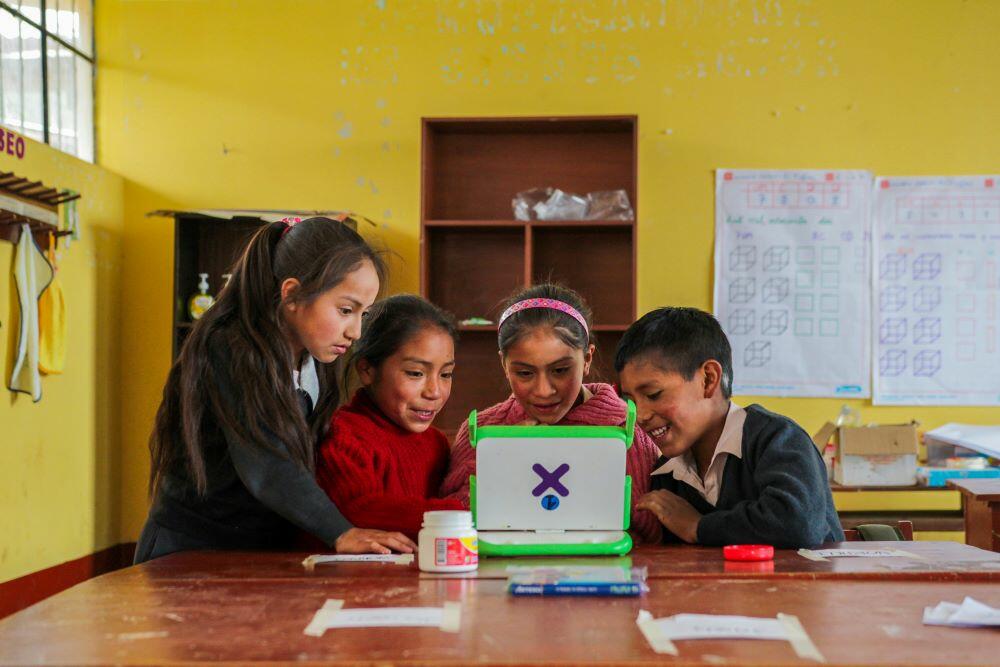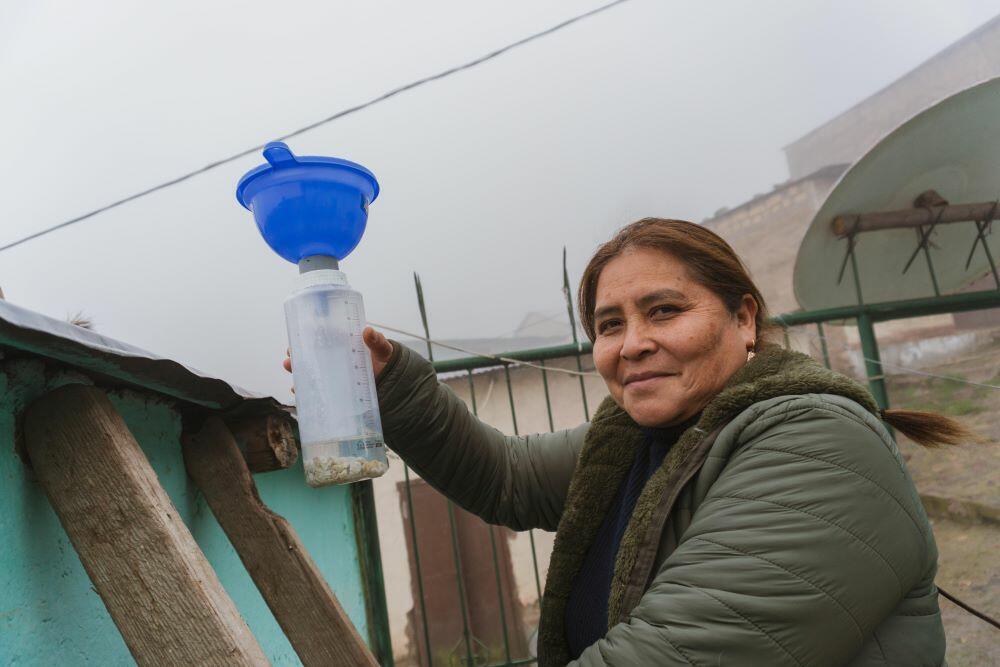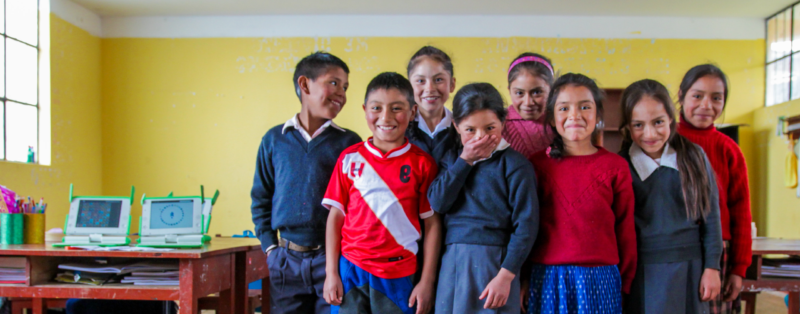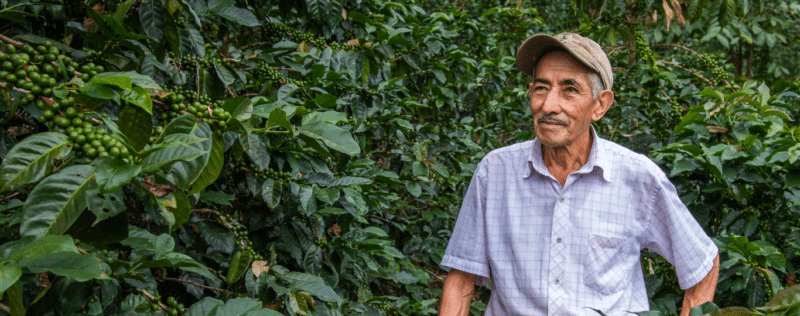
70k
people reached by 22 projects

515
students have electricity in their primary school classrooms for the first time ever

457k
people alerted of potentially dangerous flooding through newly installed Early Warning Systems advocated by us

12k+
farmers have been active participants in our projects over the last 5 years
A megadiverse country
Pressure to use Peru’s vast natural resources so intensively threatens the nation’s healthy but fragile ecosystems. This creates an increasingly vulnerable scenario for vulnerable populations instead of one full of opportunities for a sustainable and inclusive future.
Economic growth has failed to raise living standards for all people or secure equal access to their rights, resulting in unequal prosperity achieved at the expense of the environment. COVID-19 further embedded these inequalities, reducing living standards and impacting people’s health and well-being, particularly in rural areas.
Established in 1985, Practical Action’s Peru office brings together civil society and the public and private sectors to tackle these issues, centring community needs and knowledge that can deliver a better future. Operating in farming, climate resilience and energy access, our technical expertise builds sustainability and develops partnerships that nurture long-term collaborations for Peru and its’ people.
Read on to learn about big changes that started small and now influence national policy. Learn more about the approaches we explore to build more resilient, sustainable and equitable communities in Peru.
Our Funding Partners
- Binational Development Plan for the Peru-Ecuador Border Region
- European Union
- Global Environment Facility (GEF)
- Inter-American Development Bank (IDB)
- Inter-American Institute for Cooperation on Agriculture (IICA)
- La Caixa Foundation
- Melliworks
- National Authority of Water of Peru (ANA)
- Old Dart Foundation (ODF)
- Southern Peaks Mining
- Swiss Agency for Development and Cooperation (SDC)
- Transformando con energía al Perú (tgp)
- United Nations Development Programme (UNDP)
- United Nations Environment Programme (UNEP)
- USAID
- Zurich Foundation
Contacts
- For general information about our work:
[email protected] - For business development enquiries:
[email protected] - For all media enquiries:
[email protected]
- Address:
Bolívar 270, Of. 606.
Miraflores, Lima, Perú
- Tel:
+51(1) 4412950

